
Words by Morgan Mercer | Photos by Sarah White
Pollen is celebrating the 14 businesses that have come together in support of Pollen’s mission to build better connected communities. Together, these businesses challenge Pollenites to raise $15,000 by December 31, which they will match dollar for dollar. Donate today and join them in their investment to power human connection.
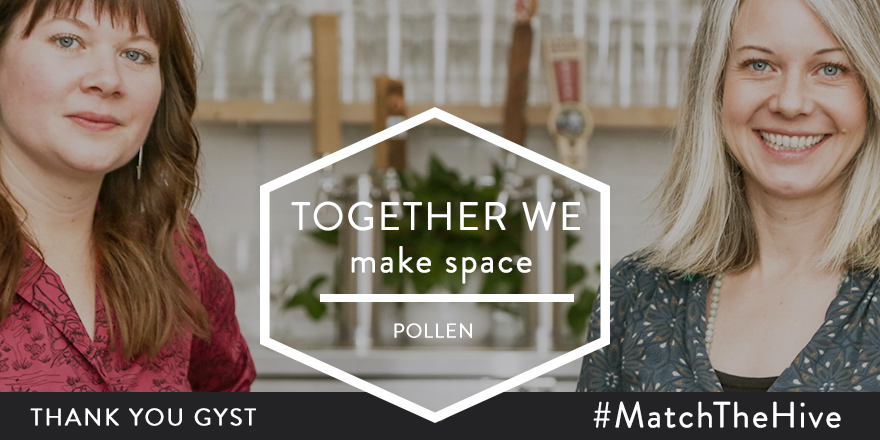
Sisters Mel and Kylene Guse both love one thing: cheese. But when they moved to the Midwest to open a place of their own, their dream menu quickly grew to embrace all things fermented: wine, sauerkraut, kombucha, pickled vegetables, salumi and kimchi (paired with peanut butter, no less). Two years ago that menu became a reality when the sisters added a new addition to the Eat Street neighborhood: GYST Fermentation Bar. Since then, they’ve partnered with local producers and urban farms like Twin Organics, Night Owl Farm, and Stone’s Throw to sustainably source ingredients for GYST’s fermented creations. The team’s impressive wine list, which touts several bottles not available anywhere else in the Midwest, earned them an Outstanding Beverage Program Charlie Award. This year, two fermented soups, a pork and cannellini bean dish, and a box lunch special found their places on the menu, and there’s talk of monthly pizza and wine nights starting once the new year rolls around.
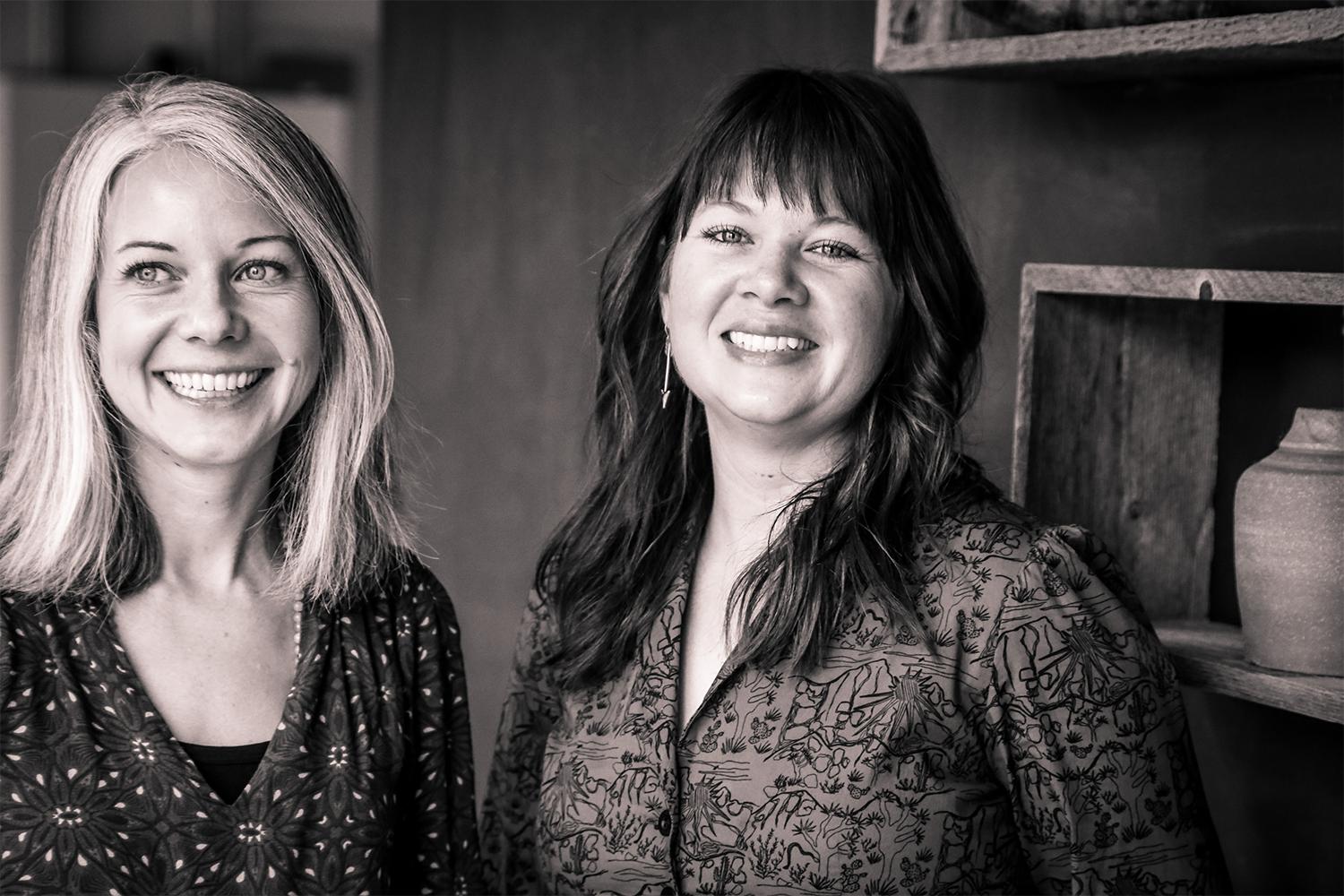
Pollen: When did you know you wanted to become an entrepreneur?
Kylene Guse:
To be honest, we didn’t think about becoming entrepreneurs. We were at a crossroads in life in San Francisco after leaving our “day jobs.”
We went to work at Bi-Rite Market, one of the most well-known organic and sustainable markets in San Francisco. Around the same time our grandfather passed away. Our grandparents were our best friends and ran a small bar in Sioux Falls back in the ‘70s called the Cantina. We grew up hearing stories about it and felt called back to our roots in the Midwest. From what we could tell, Minneapolis seemed to have a burgeoning food scene. Here we are.
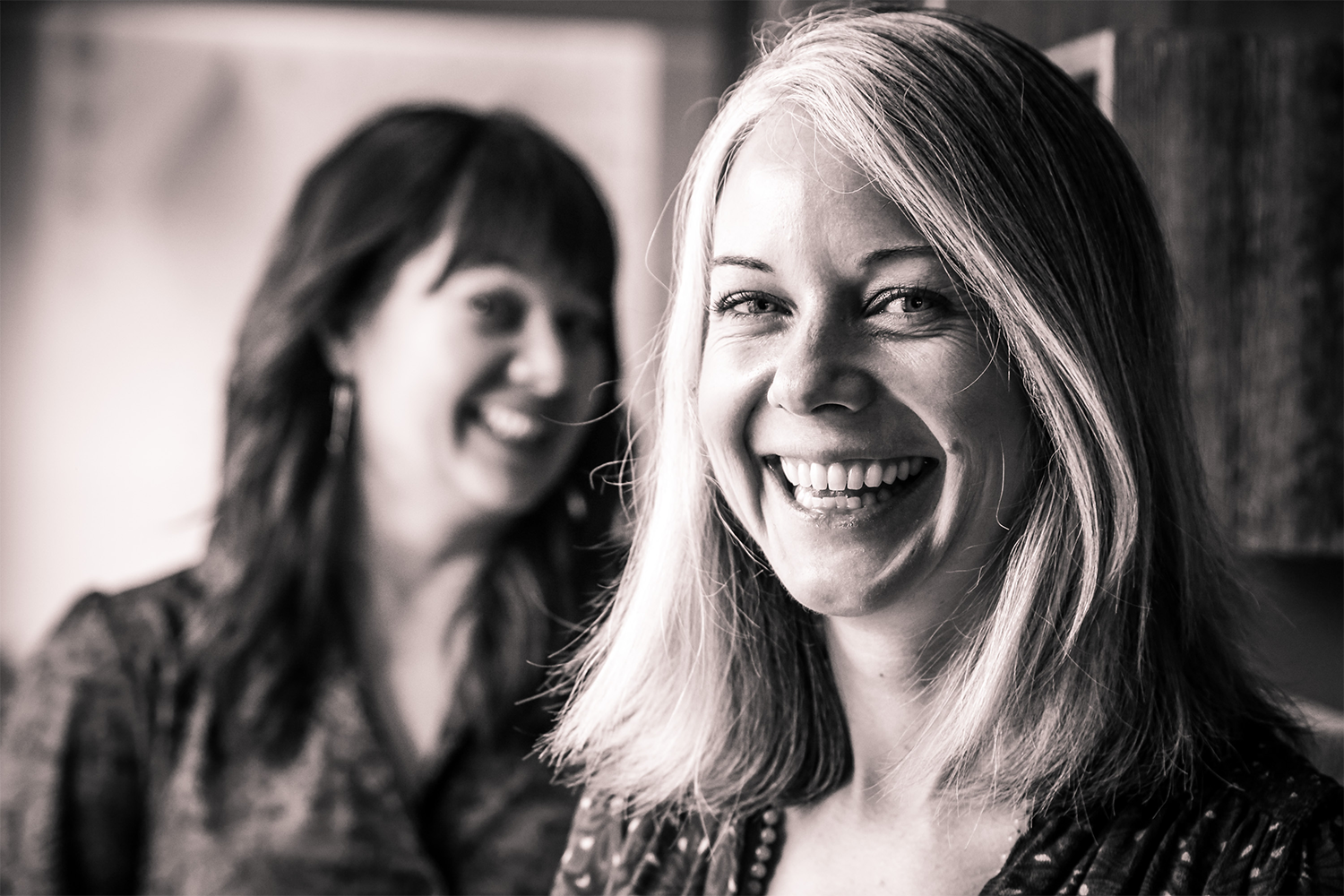
POLLEN: How do you find support from peers to stay inspired and motivated?
Kylene Guse:
We joined The Main Street Alliance, an organization that gives small businesses a voice on policy issues and promotes the development of socially responsible business leaders.
When I entered into this business I didn’t realize the inequities that existed—everything from how corporations and small businesses are taxed, to how our deeply embedded ideas of tipping create a two-tiered wage system. We’ve met so many inspiring business owners who share their stories and it helps you realize you are not alone. We all go through similar challenges, and it helps to collaborate or bounce ideas off each other.
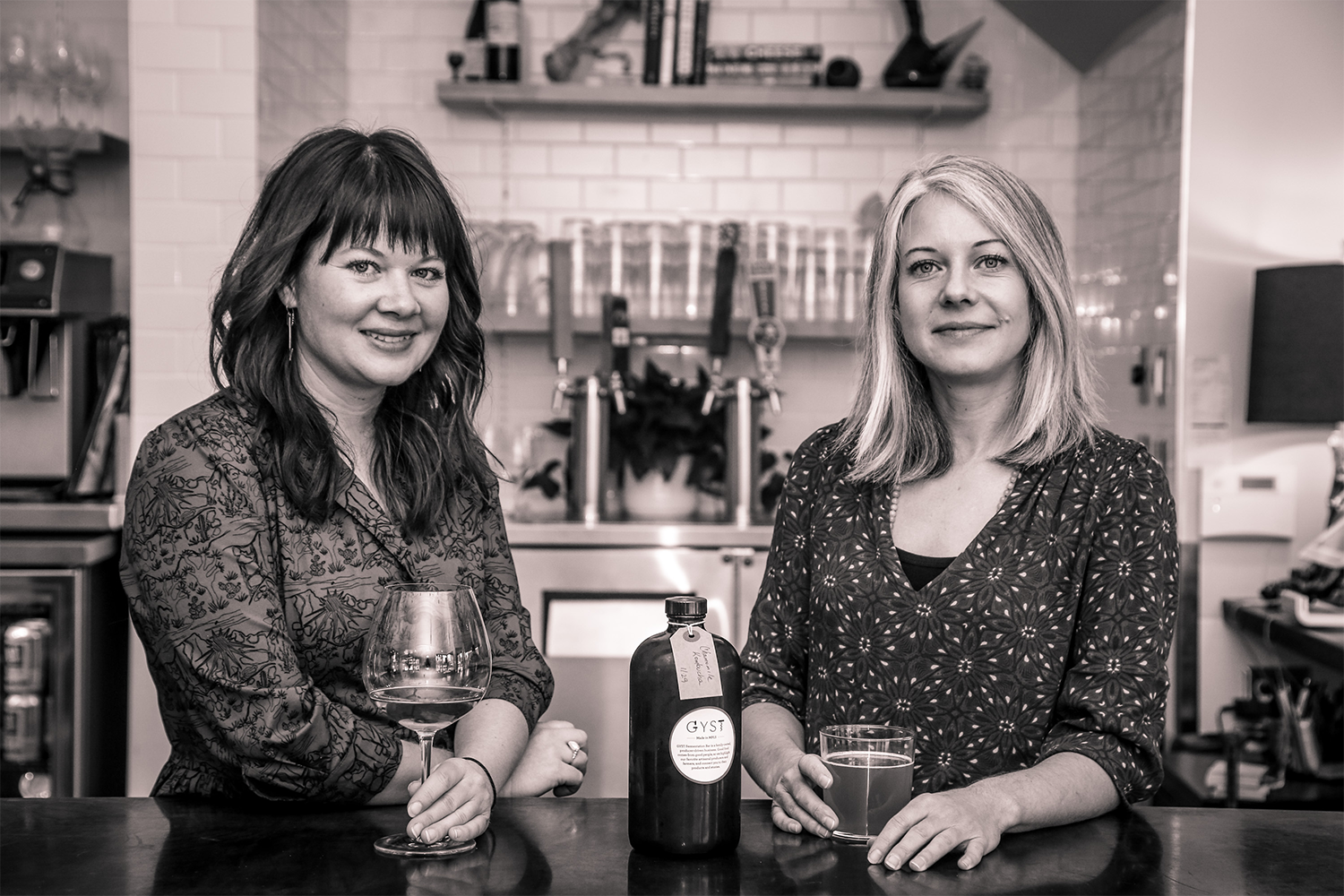
POLLEN: When times are tough, how do you keep your head on straight?
Kylene Guse: The restaurant industry is one of the most challenging, especially when you are small and trying to do things a bit differently (for example, we implemented a “no-tipping” policy so we can pay hourly staff at least $15 – $16 an hour, and we advocate for policies like paid safe and sick time.) Our secret is what friend and mentor, Ari Weinzweig of the great Zingerman’s, calls visioning and beliefs in business:
“The relationship between beliefs and business works both ways. What we believe underlies every single thing we do, every day, in every part of our organization. At the same time, our businesses impact the beliefs of the people who come to work with us.”
We have a vision, and we believe in it.
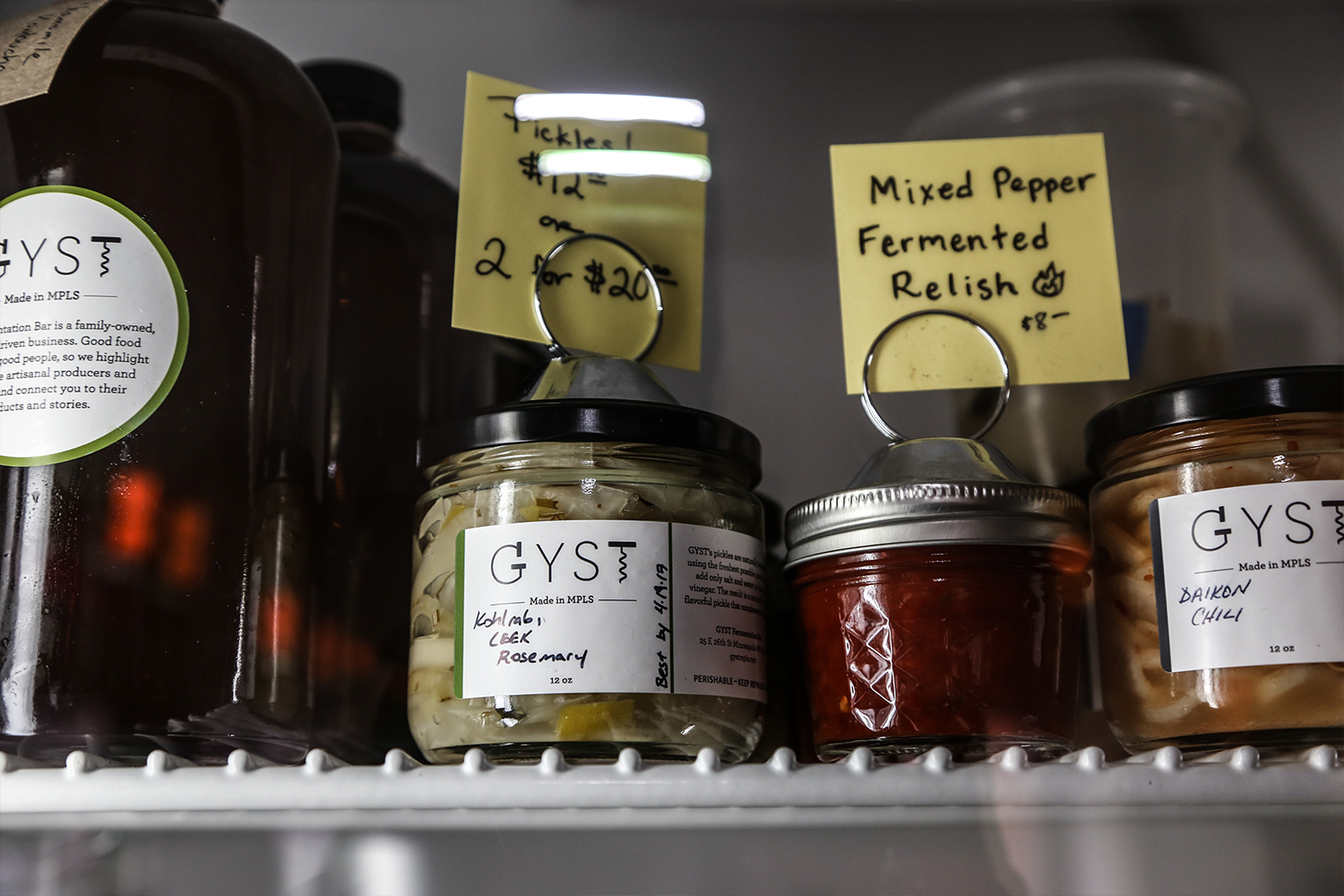
POLLEN: What is the story we need to tell about our region?
Kylene Guse: Our food system is vulnerable and we tend to have a shorter growing season in the Midwest. We think about how to re-localize it through the art of fermentation. Chef Alex AtaIa of D.O.M. inspires us (I met him in São Paulo, Brazil a few years ago). He believes we must create strategies to improve the way we use the land around us in collaboration with the humans who live there.
We need to tell the stories of the diverse communities and cultures of the Midwest in relation to how we use our land and waters. This will help us create a better understanding of how to truly realize a local food system in synchronicity with one another.
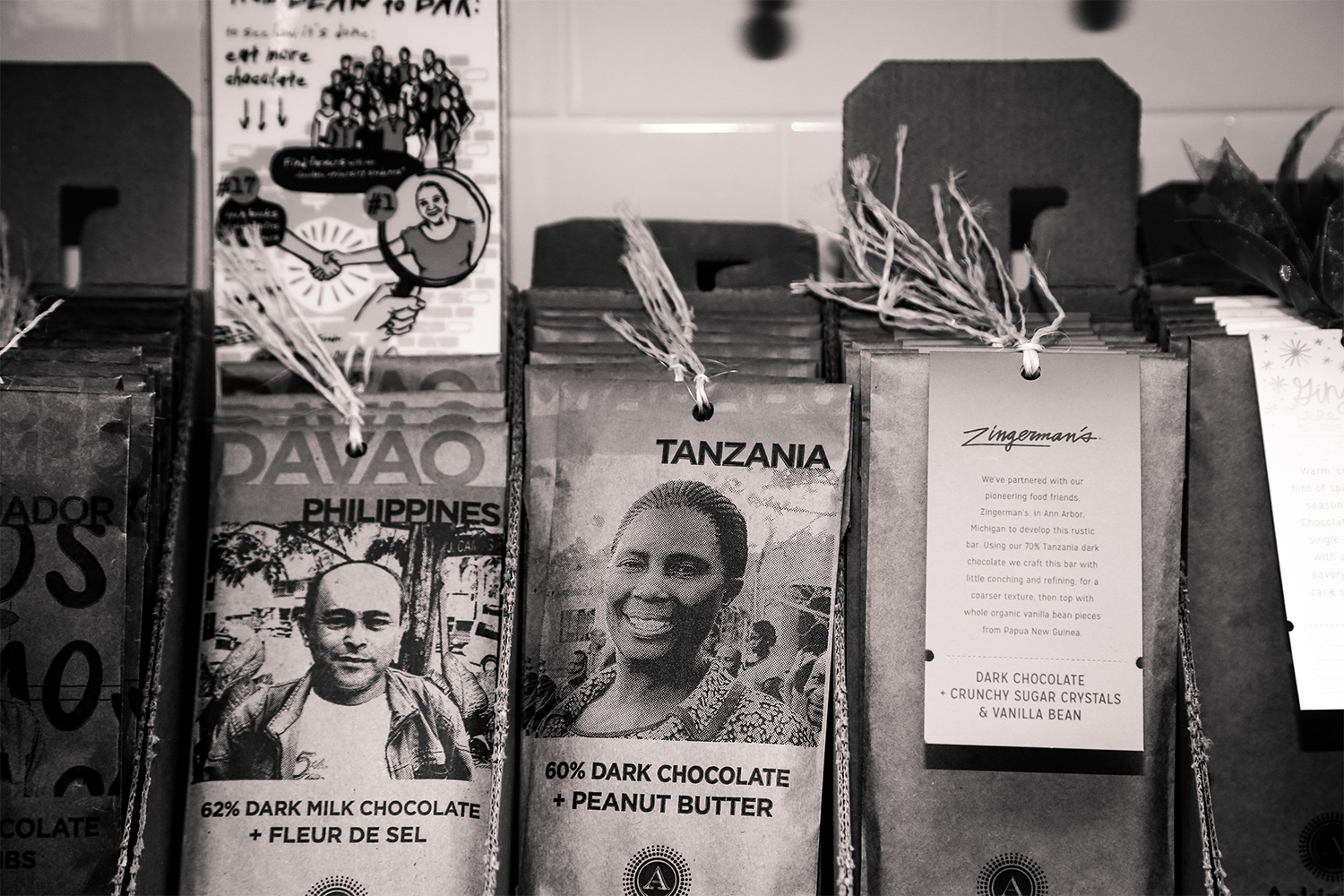
POLLEN: What do you think is the secret to connecting across difference?
Kylene Guse: Sharing a meal at the dinner table. Nothing brings people together better. We think about what food writer and culinary historian, Michael W. Twitty terms “identity cooking.” It’s how we construct complex identities and then express them through how we eat. He explains that very few people in the modern West eat one cuisine or live within one culinary construct.
We express our culture and spiritual values through the plate, and what a gift that is to share with one another.
